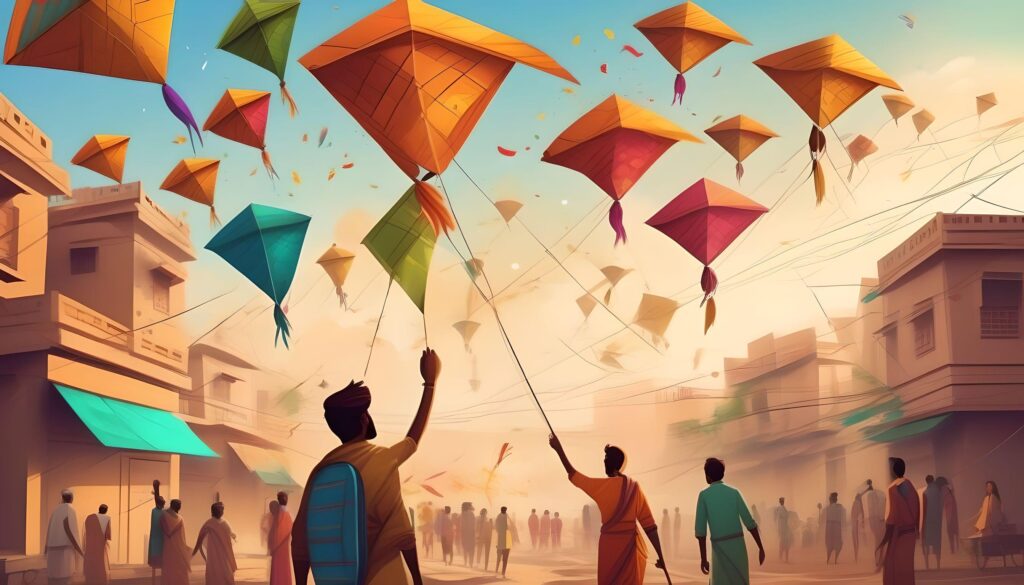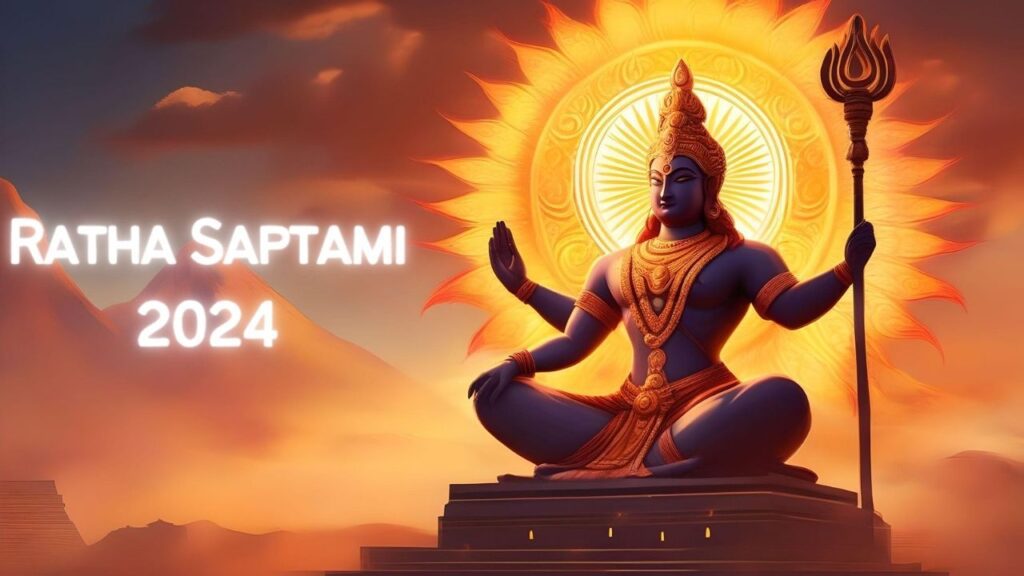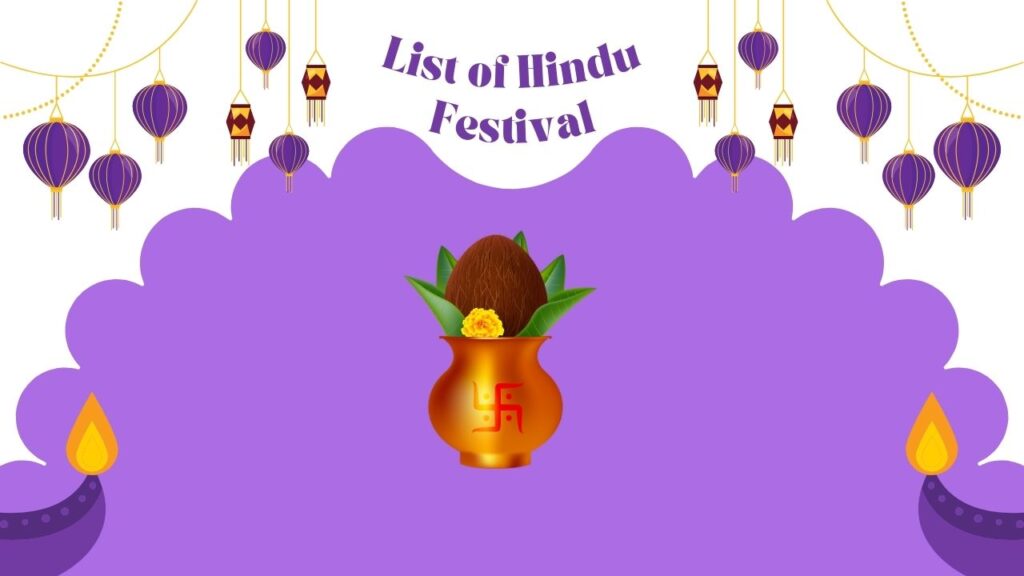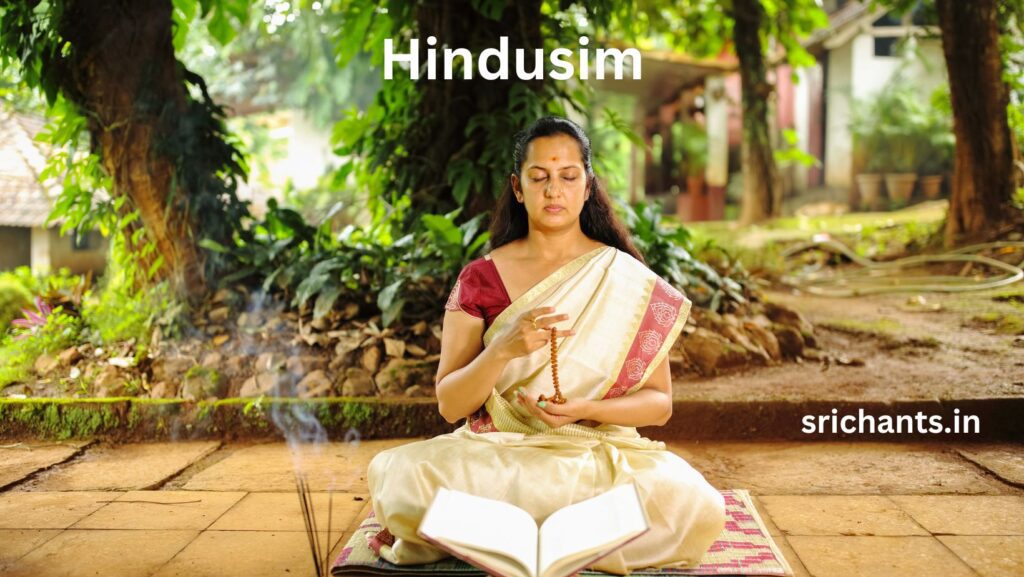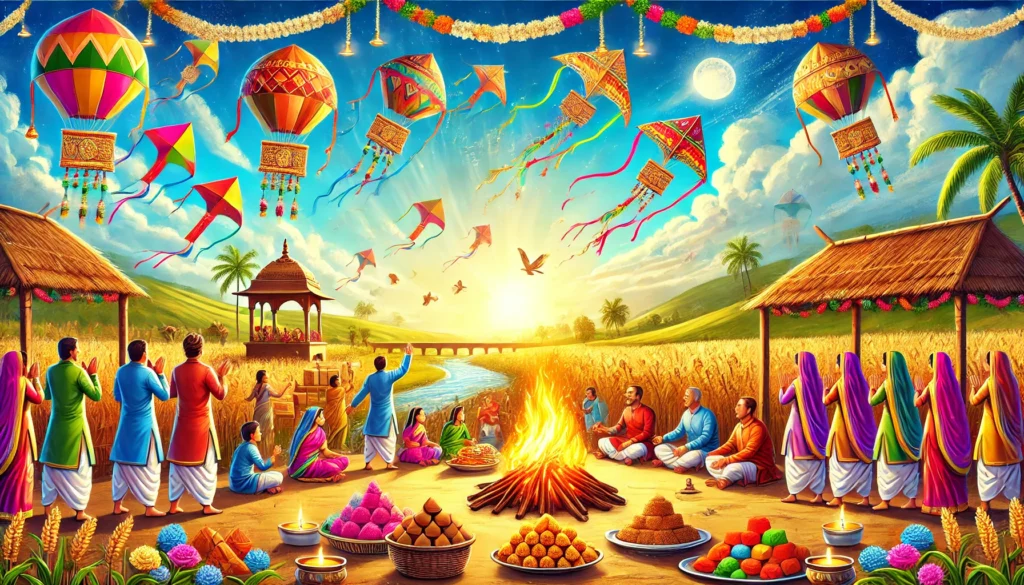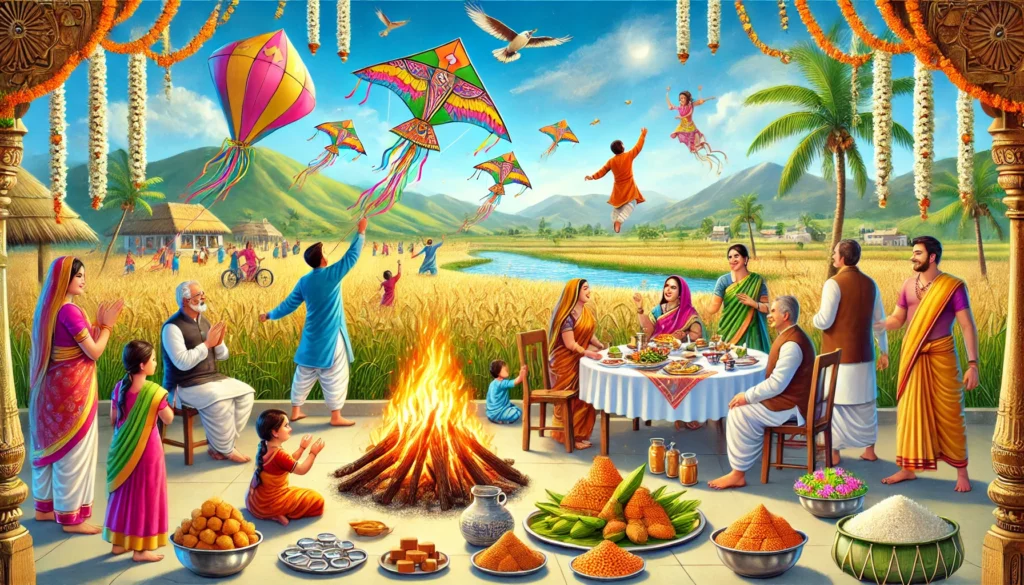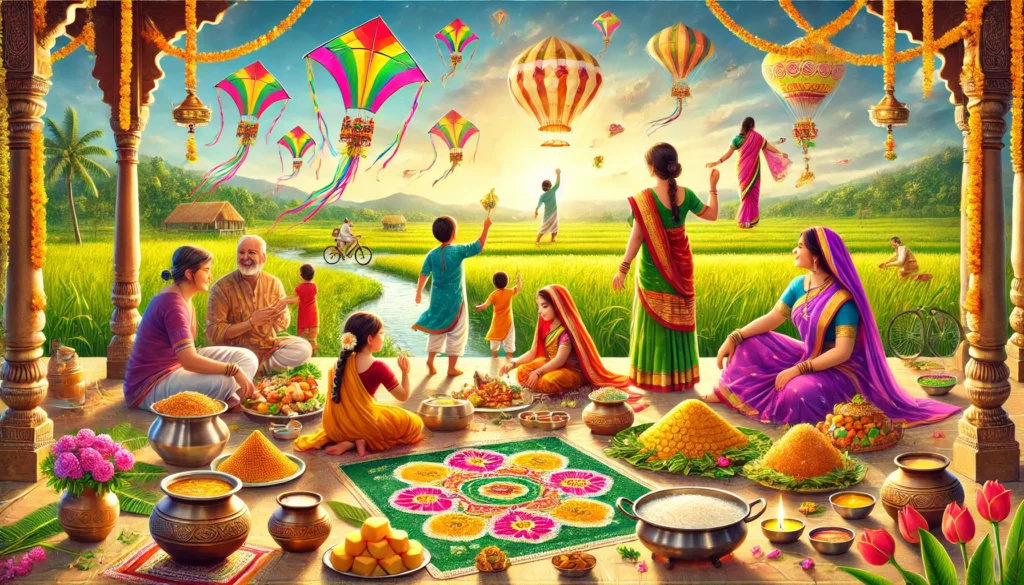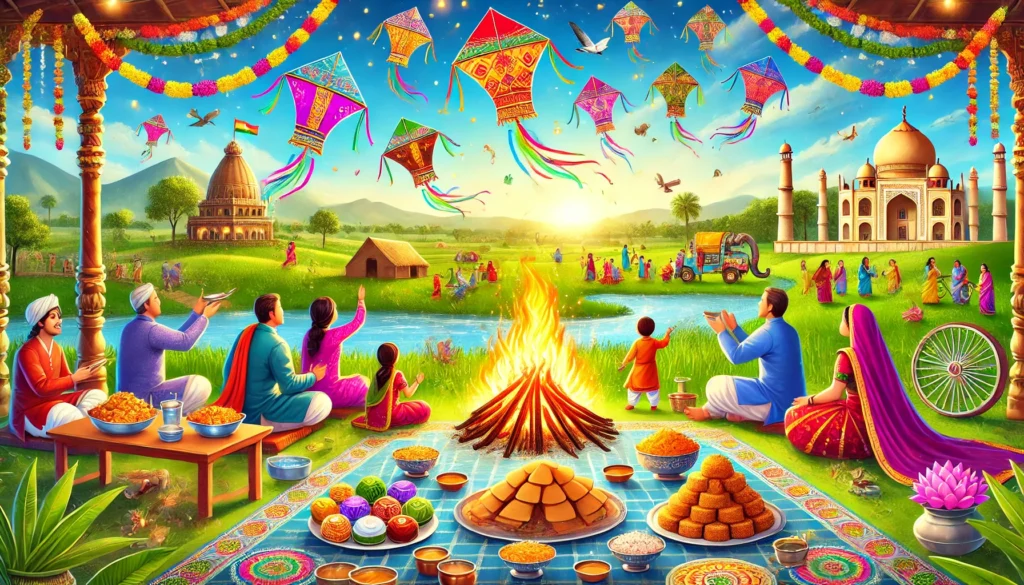Makar Sankranti:Celebration of Harvest and Solar Transition
Makar Sankranti, alternatively referred to as Maghi or Pongal, is a momentous Hindu festival that is widely observed in India with profound religious zeal and enthusiasm. It signifies the commencement of the harvest season and the conclusion of the winter solstice by coinciding with the sun’s entry into the zodiac sign of Capricorn and the subsequent extension of daylight hours. This momentous celebration possesses profound cultural and spiritual importance, and it is commemorated across the nation with distinctive customs and festivities.
Significance of Makar Sankranti
Solar Transition and Harvest Celebration
Makar Sankranti is the sole Hindu festival that is observed on the solar calendar as opposed to the lunar. “Makar” denotes the astrological sign Capricorn, whereas “Sankranti” represents the process of transition. The celestial body’s transition from the Southern to the Northern Hemisphere signifies a fresh start and is regarded as a moment of good fortune. It signifies the pinnacle of the agricultural cycle, during which farmers extend their appreciation to the Earth for the abundant produce and offer supplications for a prosperous future.
Mythological and Astrological Significance
Makar Sankranti, as per Hindu mythology, is associated with a multitude of mythological anecdotes and astrological implications. On this day, it is legendarily the Sun God pays a visit to his son, Lord Shani, the governor of Capricorn; this reunion signifies the resolution of a tense relationship. Furthermore, there are legends that perishing during Makar Sankranti results in deliverance and freedom from the cycle of existence and death.
Makar Sankranti is regarded as a universal Muhurta, which signifies a favorable astrological condition for undertaking auspicious endeavors. The Sun’s transit through Capricorn, a house affiliated with Saturn, denotes the mingling of the two celestial entities and bestows individuals with fortune and positivity.
Makar Sankranti Celebrations Across India
Gujarat: Uttarayan – The Kite Festival
The western state of Gujarat observes Uttarayan, more commonly referred to as the Kite Festival, in observance of Makar Sankranti. Indulge in kite flight competitions, which transform the sky into a vivid canvas. A multitude of intricate kites, varying in size and shape, fill the atmosphere, exhibiting the participants’ prowess and laboriousness. The celebration unites communities, cultivating an atmosphere of cohesion and elation.
Tamil Nadu: Pongal – The Harvest Festival
Makar Sankranti is observed as Pongal, a four-day agricultural festival in Tamil Nadu that is devoted to the Sun God. The festival is renowned for the elaborate preparation of Pongal, an ancestral delicacy comprised of recently harvested rice, jaggery, and milk. As the dish boils and overflows from earthen vessels, it becomes a symbol of prosperity and an abundance of resources. Intricate kolam designs adorn the residences of individuals, who concurrently pray to the Sun God for a bountiful harvest.
Assam: Magh Bihu – The Festival of Feasting
Magh Bihu, alternatively referred to as Bhogali Bihu, is an occasion commemorating Makar Sankranti in the northeastern state of Assam. Attendees partake in cultural activities and indulge in traditional Assamese delicacies during this joyous celebration. Buffalo battles, traditional sports such as tekeli bhonga (pot-breaking), and the construction of bonfires are all components of the celebration. It is a moment when communities unite, rejoice collectively, and fortify their connections.
Punjab: Maghi – The End of Winter
Makar Sankranti is observed as Maghi in Punjab, which signifies the commencement of extended daylight hours and the conclusion of the winter season. In sacred rivers, individuals bathe in remembrance of their progenitors. In addition to preparing traditional dishes such as Khichdi (a delectable rice and lentil dish) and jaggery and sesame seed confections, the festival is commemorated through the recitation of prayers. In addition to lit bonfires, singing and folk performances contribute to the festive atmosphere.
West Bengal: Poush Parbon – Winter Harvest Festival
Makar Sankranti is referred to as Poush Parbon in West Bengal, in honor of the Bengali month of Poush, during which it is observed. It is an enthusiastic celebration of the winter harvest. Individuals visit temples, don traditional garments, and recite petitions to the deities. The culmination of the festivities entails the meticulous crafting of an assortment of confections and delicacies utilizing recently harvested coconut, jaggery, and rice. Communities orchestrate cultural programs encompassing poetry recitals, music performances, and dance performances.
Traditional Makar Sankranti Delicacies
Makar Sankranti is widely recognized for its association with exquisite traditional cuisine crafted from various regions of India. The variety of culinary traditions and the bountiful harvest season are reflected in these dishes. Let us delve into a selection of the renowned Makar Sankranti delicacies:
Pongal: A Sweet Rice Dish
Pongal, the emblematic culinary creation of Makar Sankranti, is a delectable and savory rice preparation crafted from recently harvested grains, moong dal (divided green gramme), jaggery, ghee, and cardamom and dried fruit essences. By cooking it in an earthen vessel, its flavor and aroma are enhanced. Pongal is presented to the Sun God as a prasadam (divine offering) and represents prosperity.
Peanut Chikki: A Crunchy Sweet Treat
Popular dessert peanut chikki is produced by combining roasted peanuts and jaggery nectar. The mélange is subsequently rolled into a brittle consistency. Its pleasurable texture and intense flavor render it a favorite among both children and adults on the occasion of Makar Sankranti.
Til ke Laddu: Sweet Sesame Seed Balls
Til ke laddu, alternatively referred to as tilgul or ellu urundai, comprises desiccated coconut, sesame seeds, jaggery syrup, and peanuts. The mélange is molded into bite-sized particles. In addition to being delectable, these laddus have great symbolic importance during Makar Sankranti festivities, representing benevolence and unity among individuals.
Undhiyu: A Flavorful Mixed Vegetable Dish
Undhiyu, an assortment of seasonal vegetables including brinjal (eggplant), potatoes, yam, and beans, is a savory combined vegetable dish. Cooking the vegetables with a combination of fresh coconut and an assortment of seasonings produces a burst of flavor. In accordance with tradition, undhiyu is cooked gradually in a clay pot concealed beneath a layer of dried leaves and ignited. A gastronomic pleasure, it is savored throughout the festival.
Conclusion
Makar Sankranti, the solar transition and harvest festival, brings together individuals from all over India to commemorate the bountiful nature of the land and to express their appreciation for a prosperous year ahead. This festival exhibits the diverse cultural heritage of various regions through its distinctive customs and scrumptious fare. The Sun’s transit through Capricorn is accompanied by sentiments of optimism, fresh starts, and a strengthened sense of community unity. Makar Sankranti is an occasion for festivity, feasting, and appreciating the natural world’s bounties. We ought to wholeheartedly embrace this auspicious occasion and greet the onset of the new season with sincerity and appreciation.
#pongal #makar #sankranti #MakarSankranti #festival #harvest #solar #transition #celebration #tradition #culture #heritage

